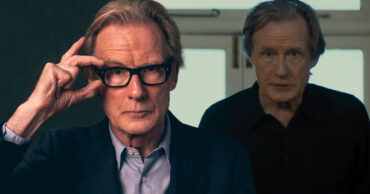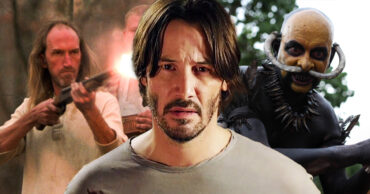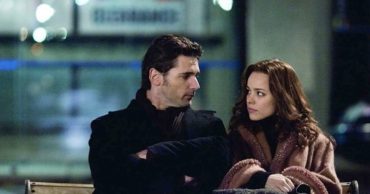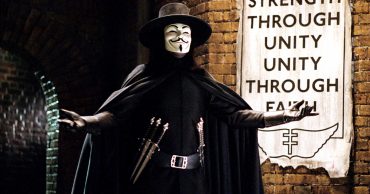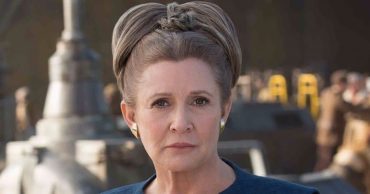Actress Katherine Hepburn was one of the greatest actresses of her time. Unsurprisingly, the American Film Institute named her the greatest female star of classic Hollywood cinema. Hepburn was a force to be reckoned with, both on-screen and in public.
She was known for playing strong-willed, independent female characters. Hepburn, who made her final on-screen appearance at 87, starred in 44 movies. Known for holding the record of highest Academy Award wins in an acting category (Best Actress), these are Katherine Hepburn’s 12 best movie roles.
Morning Glory (1933)
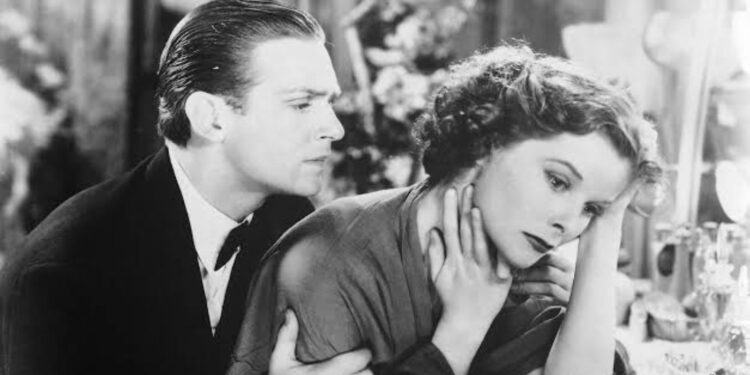
Katherine Hepburn was still considered a newcomer when she landed the role of Eva Lovelace in Lowell Sherman‘s Pre-Code movie Morning Glory. At the time, the movie was adapted from Zoë Akins‘ unproduced stage play with the same name. The film revolves around Hepburn’s character’s journey to stardom. Hepburn, much like the character she played, delivered a stellar performance, which earned her her first Academy Award nomination and win for Best Actress at the 6th Academy Awards in 1934.
As a new actress (Katherine Hepburn debuted on-screen in 1932), she was signed to RKO Radio Pictures. When the script for the film was written, it was done with actress Constance Bennett in mind to play Eva Lovelace. When Hepburn found and read the script, she convinced the movie’s producer, Pandro S. Berman, to give her the role. Hepburn reportedly earned $2500 weekly during filming.
Alice Adams (1935)
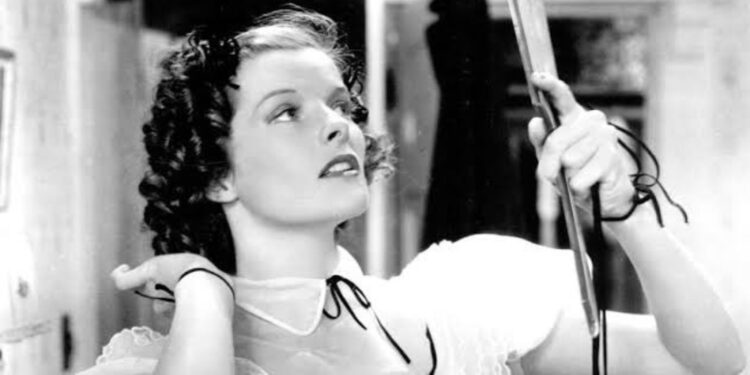
Still signed on to RKO, Katherine Hepburn starred in the George Stevens-directed romantic drama Alice Adams (1935). Produced by Pandro S. Berman, Alice Adams was adapted from Booth Tarkington‘s 1921 novel of the same name. However, the film differs significantly in several ways from the novel. Hepburn played Alice Adams, a daughter from a poor background. In her attempt to climb the social ladder, she pretends to be from a wealthy family to impress Arthur Russell (Fred MacMurray). After a decline in her popularity and success, Alice Adams‘ success and reception helped boost Katherine Hepburn’s career, which had experienced a downturn. Hepburn was nominated for Best Actress at the 8th Academy Awards for her performance.
The Philadelphia Story (1940)
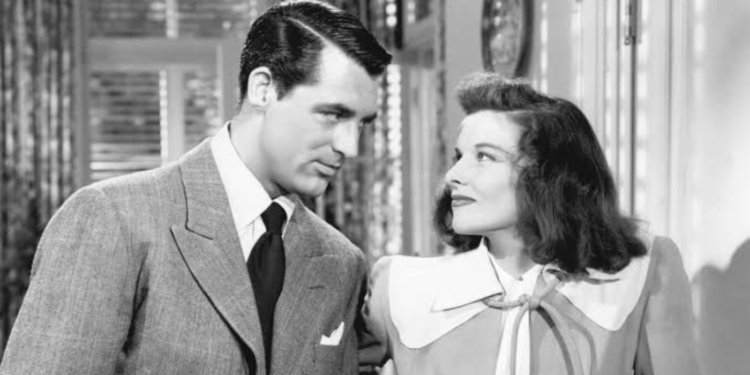
Katherine Hepburn left RKO by buying out her contract and subsequently acquired the film rights to The Philadelphia Story (1940). She played the leading lady role as Tracy Samantha Lord, the elder daughter of a wealthy socialite family. The plot follows her divorce, planned remarriage, love triangle, and eventual remarry of her divorced husband. The Philadelphia Story was critically acclaimed, having a 100% rating on Rotten Tomatoes. Commercially, it grossed $3.3 million on a $914,000 budget. Katherine Hepburn was nominated for Best Actress at the Academy Awards for her performance.
Woman of the Year (1942)
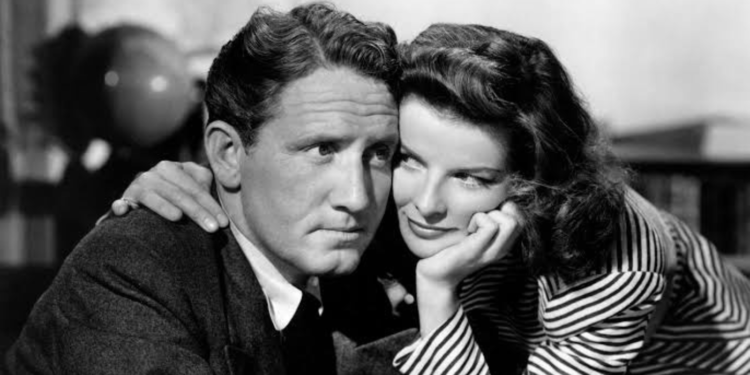
Woman of the Year (1942) is a George Stevens romantic comedy-drama movie which cast Katherine Hepburn and Spencer Tracy in the lead roles. Hepburn played Tess Harding, a political affairs columnist at the fictional New York Chronicle, while Tracy played Sam Craig, a sports journalist at the same newspaper. After getting married, Sam soon discovers his wife, Tess, has a busy schedule that she has allowed to relegate him to second place in her life. Putting work before her personal life soon causes Sam to leave Tess. She finally realizes her selfish attitude and returns to win back her husband. Woman of the Year was selected for preservation by the Library of Congress to be included in the United States National Film Registry. Hepburn also received an Academy Award nomination for Best Actress.
The African Queen (1951)
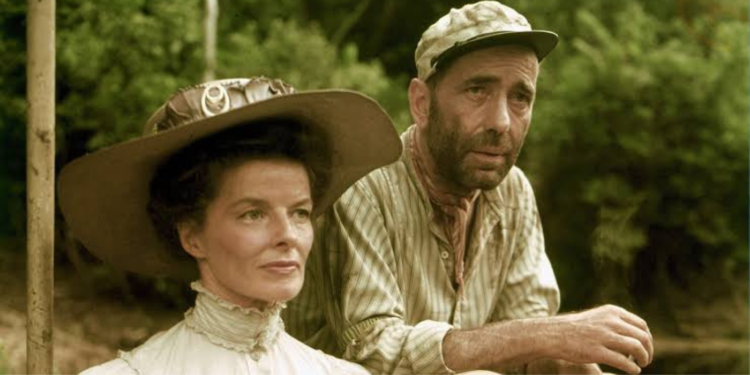
The African Queen (1951) was critically acclaimed and a box office hit. It grossed $10.75 million on a $1 million budget and was also selected by the Library of Congress to be included in the United States National Film Registry. The film is Hepburn’s first adventure film set in the 1910s. The African Queen gave Katherine Hepburn her fifth Academy Award nomination for Best Actress.
Summertime (1955)
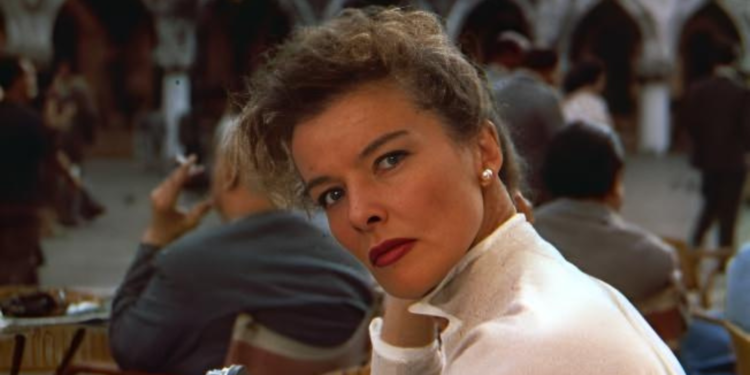
Set in Venice, Summertime (1955) follows a middle-aged American woman’s journey to the city. As a romance comedy-drama, it centers on her love journey to her departure from Venice. Hepburn played the lead role of Jane Hudson. Summertime was adapted from Arthur Laurents‘ The Time of the Cuckoo play. Hepburn was nominated for Best Actress at the 28th Academy Awards.
The Rainmaker (1956)
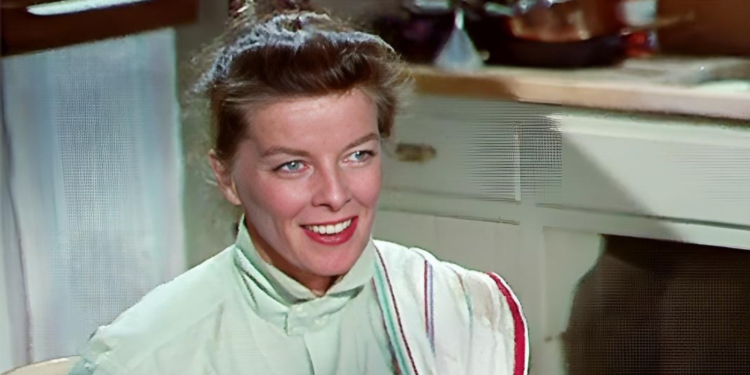
In Joseph Anthony‘s Western romance film The Rainmaker (1956), Katherine Hepburn is cast in the movie as Lizzie Curry. Hepburn’s character lives in a drought-ridden Kansas rural town. Although she has fallen head over heels for the town’s Sheriff, her love has gone unrequited. However, things change when a con artist pretending to be a rainmaker, comes into town. Hepburn also received an Academy Award nomination for Best Actress for her performance.
Suddenly, Last Summer (1959)
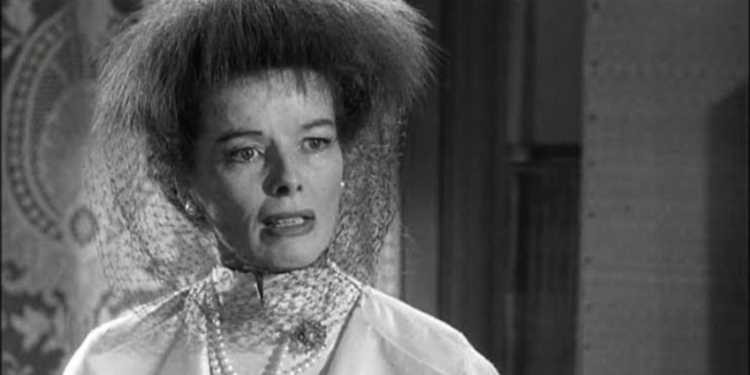
Suddenly, Last Summer (1959), directed by Joseph L. Mankiewicz, is a gripping and psychologically intense drama that delves into themes of trauma, family secrets, and societal expectations. Adapted from Tennessee Williams‘ 1958 play, the film revolves around the tragic events of the previous summer and their effect on a young woman named Catherine Holly (Elizabeth Taylor). Her harrowing account of what transpired, particularly involving her cousin Sebastian, who died under mysterious circumstances, leads her to a confrontation with a ruthless doctor, Dr. John Cukrowicz (Montgomery Clift), and her domineering aunt and Sebastian’s mother, Violet Venable (Katharine Hepburn). Hepburn’s performance earned her an Academy Award nomination for Best Actress.
Long Day’s Journey into Night (1962)
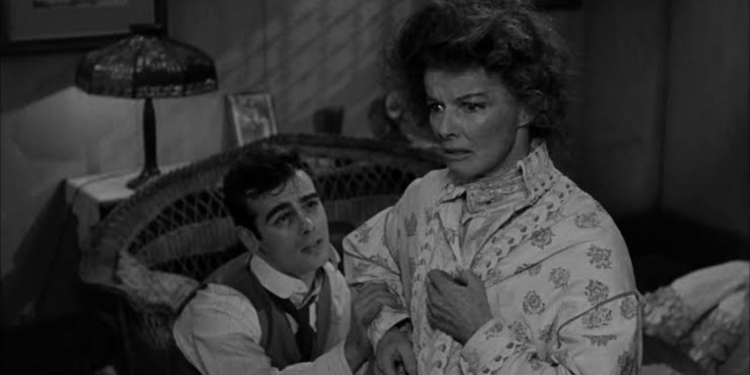
Sidney Lumet‘s Long Day’s Journey into Night (1962) is a cinematic adaptation of Eugene O’Neill‘s Pulitzer Prize-winning play. Set in the stifling confines of a Connecticut summer home, the film portrays a day in the life of the Tyrone family, whose members grapple with addiction, illness, and deeply buried family secrets. The characters, portrayed by an exceptional ensemble cast, include Katharine Hepburn, Ralph Richardson, Jason Robards, and Dean Stockwell. For playing the family’s matriarch in the movie, Mary Tyrone, Katharine Hepburn was nominated for Best Actress at the 35th Academy Awards.
Guess Who’s Coming to Dinner (1967)
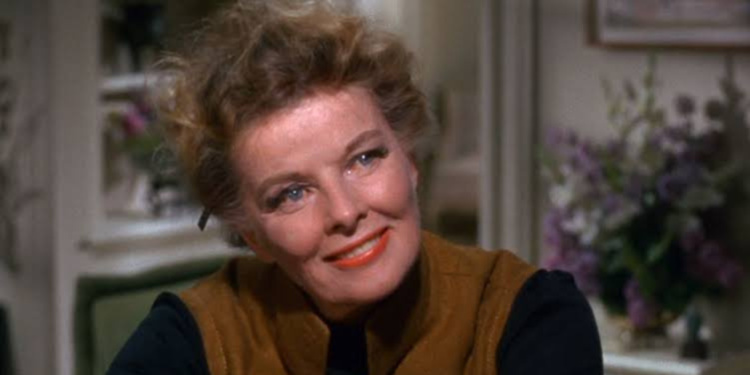
Guess Who’s Coming to Dinner (1967) was Spencer Tracy’s final film role, and he starred alongside Katherine Hepburn again as her on-screen husband. The film tells the story of Joanna Drayton (Katharine Houghton), a young white woman who brings her African American fiancé, John Prentice (Sidney Poitier), home to meet her parents, Matt Drayton (Spencer Tracy) and Christina Drayton (Katharine Hepburn). The film unfolds in a series of discussions and confrontations as the Drayton family and their friends wrestle with their own prejudices and preconceptions. Hepburn’s performance earned her her second Academy Award win for Best Actress.
The Lion in Winter (1968)
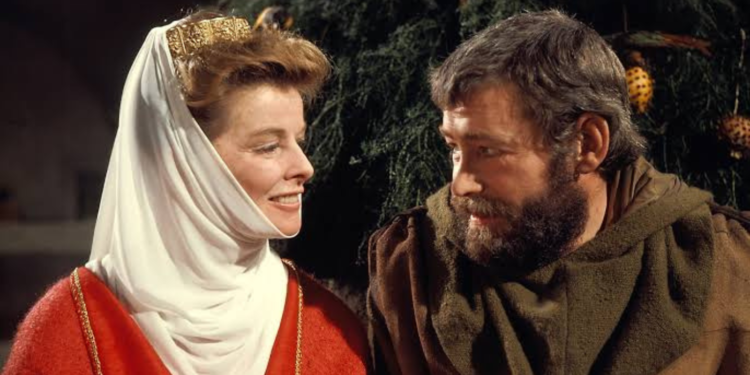
The Lion in Winter (1968) is Anthony Hopkins‘ feature film debut, and he was cast as Richard the Lionheart. He played the eldest son of Katherine Hepburn’s character, Queen Eleanor of Aquitaine, and Peter O’Toole‘s Henry II, King of England character. The Lion in Winter is set during Christmas 1183. It portrays the intricate power struggles and conflicts within the royal family of King Henry II, his wife, Queen Eleanor of Aquitaine, and their three sons who vie for the throne. With Katherine Hepburn’s third Academy Award win, she made a record as the award’s first three-time winner. Hepburn tied with Barbra Streisand that year to win Best Actress.
On Golden Pond (1981)
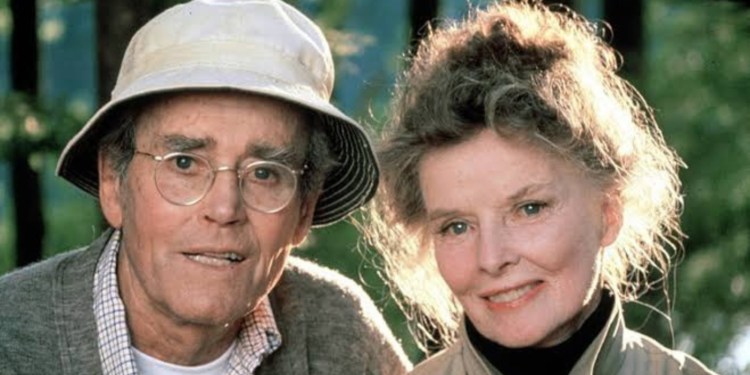
On Golden Pond (1981) was Henry Fonda‘s final theatrical film, starring alongside his daughter, Jane Fonda. The film was a box office juggernaut, becoming the second highest-grossing movie of 1981, with $119.3 million earning on a $15 million budget. On Golden Pond is a heartwarming and emotionally resonant drama that revolves around an aging couple, Ethel (Katherine Hepburn) and Norman Thayer (Henry Fonda), spending their summer at their tranquil lakeside cabin. The Thayers’ lives are disrupted by the visit of their daughter, Chelsea (Jane Fonda), and her new fiancé, Dr. Bill Ray (Dabney Coleman), and his 13-year-old son, Billy (Doug McKeon). The family comes to terms with the complexities of their relationships and confronts long-held resentments, which ultimately helps them to heal. Both Henry Fonda and Katherine Hepburn won Best Actor and Best Actress for their performance.
 Follow Us
Follow Us

